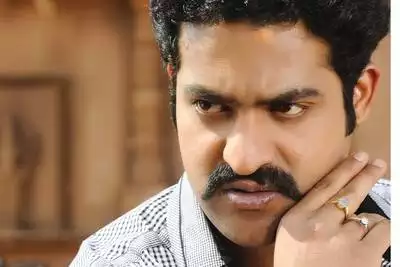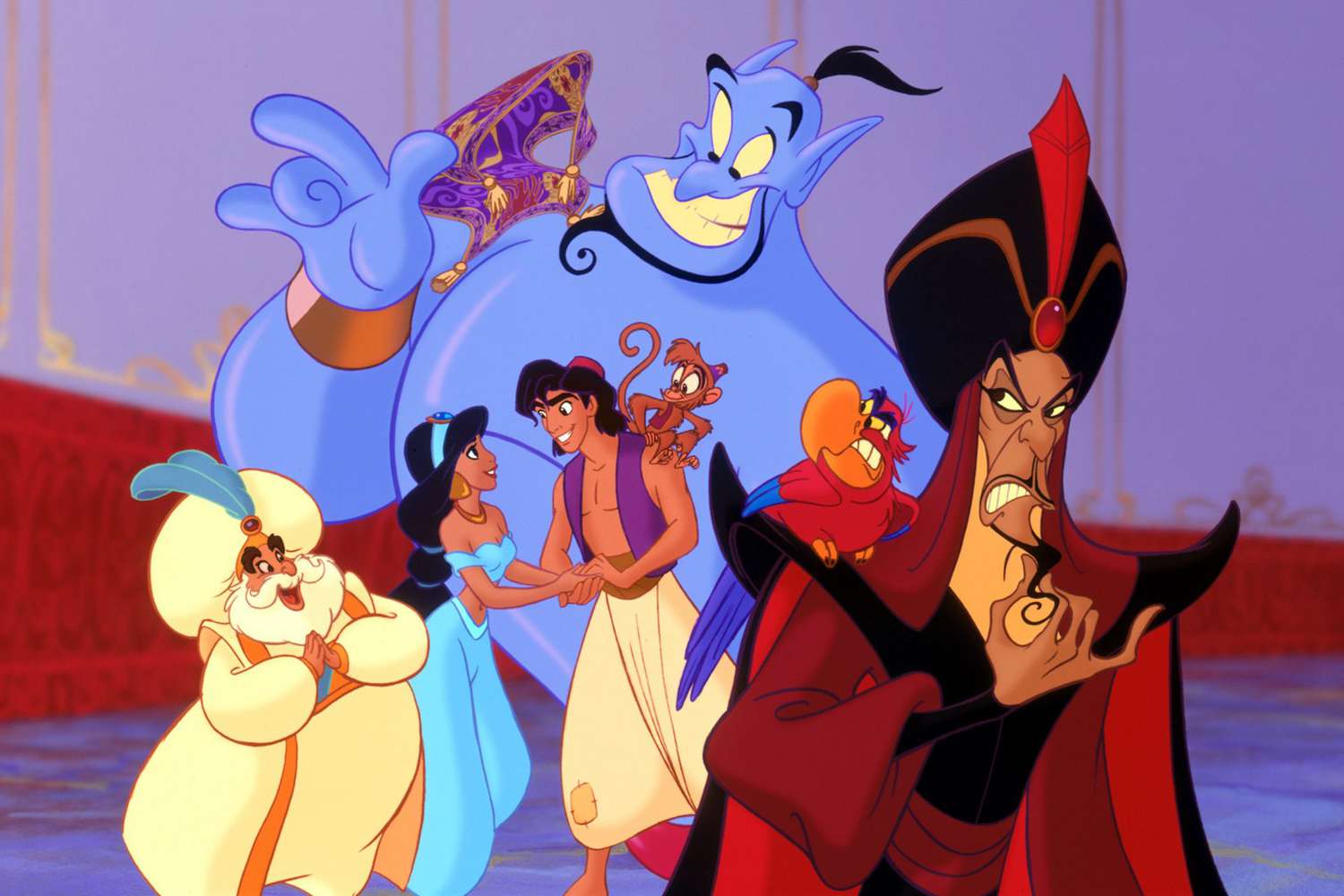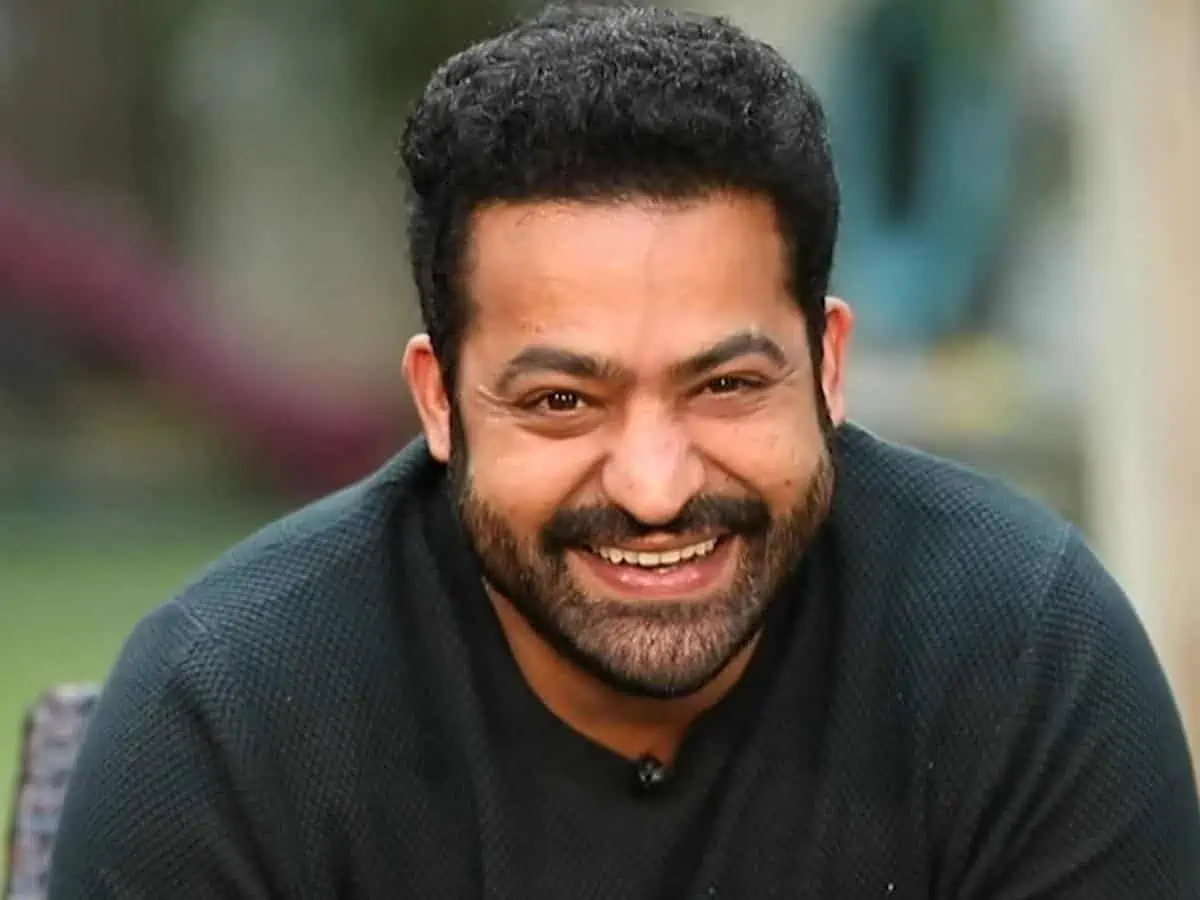I got a chance to interview legendary voice actor Rob Paulsen who is known for his character voices in Teenage Mutant Ninja Turtles, Animaniacs, and his current series Talkin’ Toons.

We now get an in-depth look at Rob’s career and what shaped his success in a new memoir entitled Voice Lessons: How a couple of Ninja Turtles, Pinky and an Animaniac Saved My Life.
The book is available for purchase on Amazon here:
That’s My Entertainment (TME): You had a very expansive, legendary career. You’ve voiced so many iconic characters over the years but you’re doing something new now. You’ve decided to write a book. Tell me how that came about and what went into that.
Rob Paulson (RP): Well the book is a culmination about a number of things. The most important of which I think, was three years ago…at this time, I had just finished radiation and chemo therapy for stage three throat cancer which was a curve ball for a guy, who makes his living with his voice; it definitely got my attention.
I had been asked by friends and fans for years before that particular surprise as to whether or not I would write a book… Look, I’m good at my job and it’s not false modesty but the last thing the world needs is another celebrity Hollywood bio; especially by a guy who’s not a celebrity. The characters are famous. Not me. And I’m fine with that.
TME: But that makes your story much different… doesn’t it?
RP: Yes it does and it makes the story different and more interesting in the context of the throat cancer. If I had got skin cancer, stomach cancer, or pancreatic cancer, that would have been a drag but Jesus…everybody has their stuff. And everybody unfortunately knows and loves someone who has been touched by cancer and often has died from it. But if its something that affects you not only where you live but in the way in which you communicate with the world, it makes for a more interesting story. Spoiler alert: I lived.
The book called Voice Lessons,which i think was a particularly terrific title thought up by my co-writer Mike Fleeman…the context of my cancer experience is in there but the due to the fact that I have had contact and continued to keep in contact with a great number of people who I’ve spoken to over the years, usually whose children have gone through horrible circumstances and want to speak to Raphael or Pinky or Leonardo, or Donatello or Yakko or Carl… whomever as a result of their particular horrible cancer circumstances and also often the children don’t make it.
After these really heroic struggles, the parents keep in touch with me, over the years even though their children are gone; they continue to remind me how brave they were. and that really crossed me up and gave me immeasurable strength to deal with my own circumstances…and I’m a pretty tough guy but this was really brutal for me. It screws up your mouth, your throat, your stomach. It was brutal; really difficult.
It is not impossible to survive; Michael Douglass survived it. Unfortunately Roger Ebert of the Chicago Sun-Times did not survive it…and others. Its a pretty brutal cancer treatment and if you don’t take care of it, it can leave you worse for wear. I was more than happy to give it a shot and I’m fine now. That is what the book is about…how these children and their parents and the characters; most importantly, brought strength and joy to not only them but to me.
It was a pretty wonderful experience. Ill tell ya…it was incredible.
TME: Talking about your characters and you’ve done so much work, was there any character in the middle of a gig that gave you a sense of ” this is it, this is what you wanted to be doing as an actor”?
RP: I came out to L.A. 41 years ago to do live action and music. I was a singer first and became an actor and that was what I was doing. A lot of episodic television,commercials. and about mid 80s the opportunity presented itself to do animation and of course I jumped at it because I wanted to work. I never say no. I just like to be creative and work.And so the first shows I did were G.I. Joe and Transformers and I thought “Man this is great.
Nobody cares what I look like because as I’m not celebrity talent, and your work and opportunities for work are dictated often by your looks. In animation work, no one cares what the actors look like. In fact often, you will do characters that are of the opposite sex. A lot of young boy characters are all done by women. Finally at about 30, I decided “I wanna stay here. This is great”… And I’m glad I did because now… all these years later, after Pinky, Yakko and Carl, Arthur on the Tick and the Mask, Mighty Max and Fairly Oddparents…
TME: You just described my childhood.
RP: Yeah…how about that? Mine too! My post childhood…and my son’s childhood who is now 35 and I’m glad I made that choice.
TME: Was there any character that you personally identified with?
RP: Yeah I gotta say because of the smart ass attitude I gotta say Rafael and Yakko are closest to me in my own personality because I’m a bit snarky and I have a saracastic attitude that I think is a sense of humor that certainly was helpful during my cancer experience; not take myself and my treatment too seriously and when things got pretty gnarly I would just say to myself “Well you know what? I reckon you better find a way to get on it because if you don’t find a way to do this it’s gonna kill you so you might as well find a way to enjoy the ride. You’re not living under a bridge; you got every type of medicine to get through it so why don’t you just take a handful and hook yourself to some fluids because you can’t eat and drink and listen to Pink Floyd. Start getting the cure done so you can get on with your life.All these children before you who didn’t make it and the brave men and women who tried this treatment; not knowing what the outcome would be…they’re a lot tougher than you. I reckon you better shut your mouth.”
That attitude helped me keep my head down and take a punch. I’m glad I have it. And those characters that I identify with and helped me be successful because they are utterly natural and organic and I didn’t have to stretch. Yakko and Rafael are the easiest to slide into and the two that come to mind.
Check out this story of Rob’s incredible journey and how his fans helped him through one of the toughest challenges of his life. See link above for purchase details.
*The following is an edited transcript of the conversation.

Movie
Review of “Good Bad Ugly”
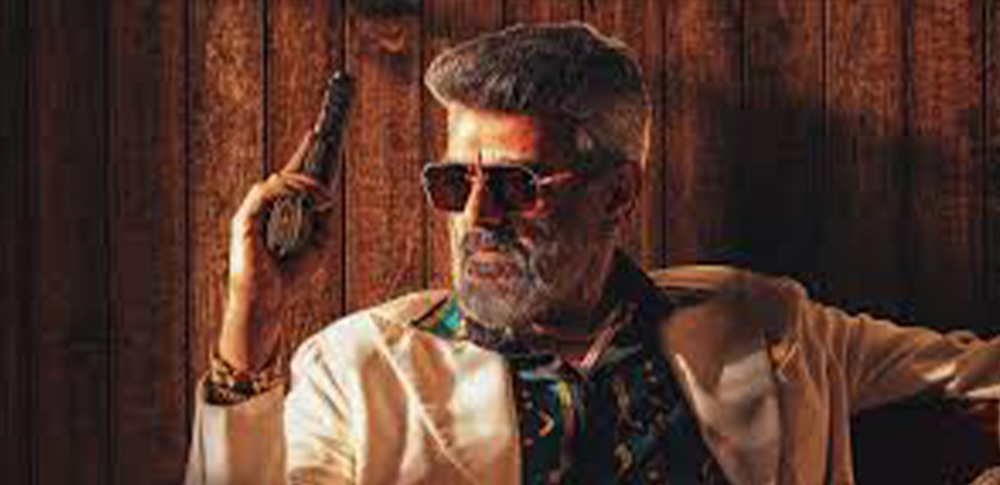
Director: Adhik Ravichandran
Starring: Ajith Kumar, Arjun Das, Trisha, Simran
Genre: Action / Crime Drama
Rating: 4.5/5
“Good Bad Ugly” centers on Red Dragon (Ajith Kumar), a notorious gangster who chooses to surrender himself in the hopes of turning over a new leaf and reuniting with his estranged son. However, when unforeseen threats emerge, Red Dragon is forced to step back into the dangerous underworld to protect the only family he has left.
“Good Bad Ugly” plays to the strengths of Ajith Kumar, delivering a fan-pleasing portrayal of both his vintage villainy and his matured emotional depth. Ajith’s powerful screen presence, coupled with his iconic voice, shines against Arjun Das’s brooding and intense new-age antagonist, creating an electric old-school versus new-school dynamic. The nostalgic return of Simran is a clever nod to longtime fans, bringing heart and familiarity. Trisha brings a strong, grounded performance as the moral compass in Red Dragon’s life, helping move the emotional threads of the story. The film smartly balances action, comedy, and sentimental fan-service moments.
While the film delivers on fan expectations, its narrative could have benefited from tighter pacing and deeper character development for its supporting cast. Some plot conveniences and an overreliance on nostalgia may limit broader audience appeal beyond the fanbase. Certain dramatic beats felt rushed, leaving little time for emotional resonance to fully land.
The ambition to blend high-octane action with heavy emotional stakes sometimes leads to tonal inconsistencies. At moments, the shift from gritty underworld drama to lighter fan moments feels abrupt. Additionally, though Ajith Kumar’s effort to showcase his dancing skills is commendable and welcomed by fans, it slightly disrupts the otherwise darker tone the film establishes.
“Good Bad Ugly” is a tribute to Ajith Kumar’s enduring legacy, offering vintage thrills while teasing new dimensions to his craft. It’s a solid entertainer that successfully taps into fan nostalgia while hinting at an exciting evolution for AK. While not without its flaws, the film’s heart, energy, and performances make it a must-watch for fans and a compelling action-drama for broader audiences.
Streaming
Presence: A Horror Movie For People That Don’t Like Horror Movies

In these uncertain times, you can’t beat a good old-fashioned horror movie. Unfortunately, Presence is not an old-fashioned horror movie. Yet, as I discovered, this is a good thing!
When I heard about the premise of this movie, I was intrigued. The stylishly subtle trailer was, appropriately, haunting. And was that Lucy Liu? A haunted house movie from the perspective of the ghost? As a seasoned horror movie buff, I was all in!
Like the majority of people I missed the films brief theatrical release. Luckily I was able to catch it on streaming. Visually the film is easy to enjoy from your own home, as it’s rather cosy looking. I never thought I’d be describing a horror movie as ‘cosy’ looking but it’s true! This is not a James Wan type creepy, dusty, decrepit house harbouring a haunting. No, this is a 100 year old jewel toned, oak finished colonial style home.
Despite this the story follows the beats we are all familiar with: troubled family of four move into a new house. The big deviation from the trope is we, the audience, are seeing events unfold from the POV of the ghost or presence.
Director Steven Soderbergh (Ocean’s Eleven) chose to film the entire piece using a small (14mm) hand-held digital camera. Soderbergh himself acted as the ‘presence’ following the actors around. From the audiences perspective it is like watching the family through a barrier or pane of glass. Cleverly, windows and mirrors are hugely prominent and integral throughout.
The presence mainly follows and tries to interact with the daughter of the family, Chloe (Callina Liang), who has recently suffered the trauma of her best friend dying suddenly. Through Soderbergh’s experimental filming, we feel the dysphoria and frustration the ‘ghost’ is feeling at trying to affect the world around it, particularly during the anxiety-inducing final scene!
However, in what could be yet another mismarketing of a film, the trailer promised to be the ‘scariest movie you will see this year’ and ‘terrifying’; instead, they delivered this subversive, character-driven, family drama. If you are expecting jump scares and dramatic music stings, this is not your movie. I could understand if someone was disappointed that the only seemingly scary thing is the mother’s and son’s relationship, right up until the gut-punch of the final scene.
Presence is definitely a slow burn, tension building until the final scene, and the unveiling of the ‘presence’ giving us a new understanding of the whole story. The ending is disturbing and stays with you as you re-analyse earlier scenes.
My one complaint is that the character Ryan (West Mulholland) with his Chesney Hawkes hair, perhaps needed more subtlety. The rest of the cast was completely solid and believable as a family with so many unspoken issues.
I wouldn’t recommend this film for everybody but maybe be as so bold to say it’s a horror movie for people that don’t like horror movies. It’s well-lit and cerebral with realistically flawed characters.
Presence is available to stream.
Three and a half stars.
Streaming
Anime Review: Fog Hill of the Five Elements (Wu Shan Wu Xing)
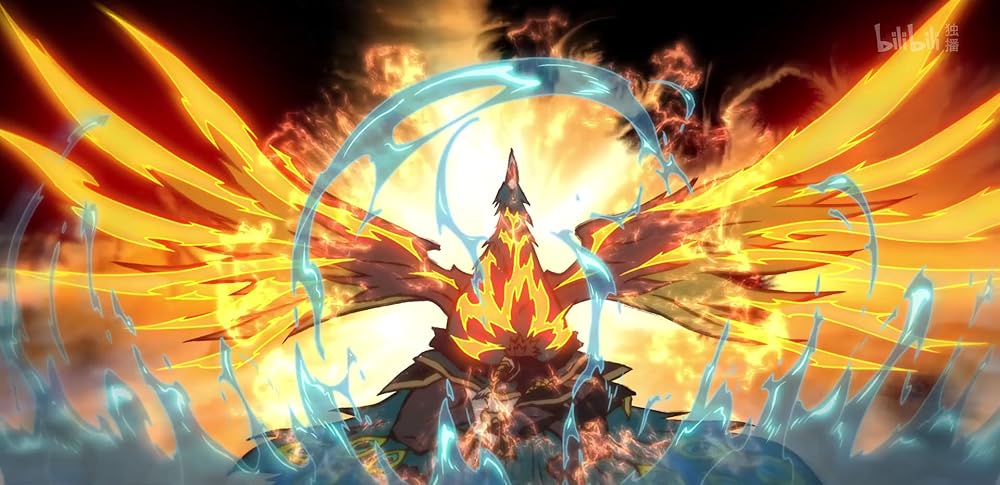
Genre: Action, Fantasy, Martial Arts, Historical
Runtime: Each episode runs approximately 20-30 minutes
Director: Lin Hun (also the Creator)
Studio: Samsara Animation Studio
Main Voice Actors (Chinese Cast):Liu Zhi Shi as Wen Ren Yu Xuan Zhou Qi as Shen Nong Fang Yuan as Xuan
Overview
Fog Hill of the Five Elements is a breathtaking Chinese anime (donghua) that merges traditional Chinese ink-painting aesthetics with high-intensity martial arts action. Created and directed by Lin Hun, this series delivers a spellbinding visual experience that rivals, and in many ways surpasses, mainstream Japanese anime. Produced by Samsara Animation Studio, the anime is a labor of love, known for its hand-drawn animation and meticulous detail.
Set in a mythological world where elemental beasts roam free, the series follows the Five Elemental Envoys tasked with protecting humanity. The story focuses on Wen Ren Yu Xuan, the Fire Envoy, whose actions set off a chain of events threatening the delicate balance between humans and beasts. The tale is steeped in Chinese folklore and myth, weaving a complex narrative of duty, power, and sacrifice.
Without question, Fog Hill of the Five Elements is one of the most visually stunning animated series in recent memory. The blend of traditional Chinese ink wash painting with modern dynamic action scenes is masterful. Every frame looks like a moving scroll painting, with fluid character movements and kinetic fight choreography that puts many mainstream series to shame.
The characters are deeply tied to traditional archetypes found in Chinese legends but are fleshed out with emotional depth and conflict. Voice acting by Liu Zhi Shi, Zhou Qi, and Fang Yuan brings authenticity and gravitas to their respective roles. The dialogue is steeped in poetic language, enhancing the mythic feel of the story.
The soundtrack complements the epic visuals with traditional Chinese instrumentation mixed with modern elements. The sound design heightens the impact of every battle and emotional moment.
Rating: 9/10
Fog Hill of the Five Elements earns a 9 out of 10 for its groundbreaking animation style, deep mythological storytelling, and heart-pounding action. The only downside is its limited number of episodes and slow release schedule, which leaves fans craving more.
Pros
- Unparalleled hand-drawn animation
- Unique art direction inspired by traditional Chinese painting
- Rich mythological lore
- Epic fight choreography
Cons
- Sparse episode release
- Story pacing can be uneven at times
Final Verdict 9/10
If you’re an anime enthusiast or a fan of animation artistry, Fog Hill of the Five Elements is a must-watch. Its fusion of stunning visuals, martial arts action, and mythological storytelling makes it one of the standout titles in modern animation. Whether you’re into Japanese anime or Chinese donghua, this series deserves a spot on your watchlist.


